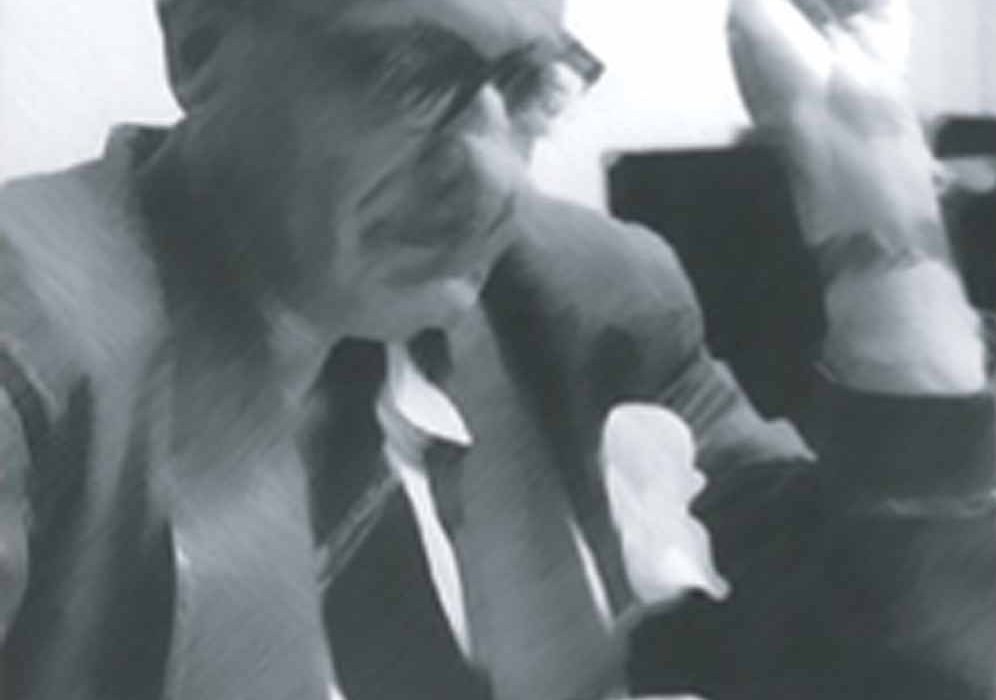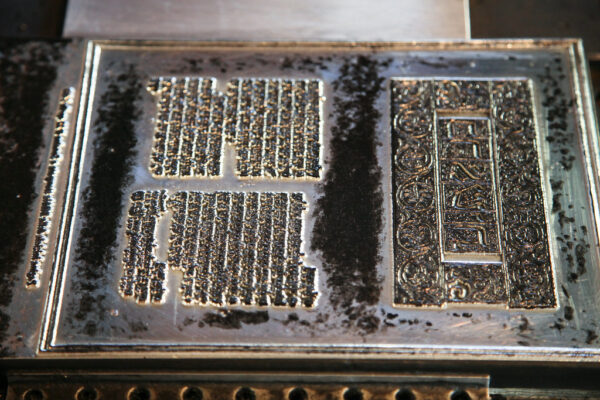Davide Grippa, Un antifascista tra Italia e Stati Uniti. Democrazia e identità nazionale nel pensiero di Max Ascoli (1898-1947)
Long ignored by the historiography of Italian antifascism, Max Ascoli has recently been the subject of a number of studies that have tried to reassess his intellectual and political role in the fight against the Mussolini regime. In the latest contribution, Davide Grippa presents a very thorough intellectual biography based on a meticulous reading of Ascoli’s published and unpublished writings and the very rich archival material deposited at Boston University. In order to reconstruct Ascoli’s intellectual trajectory, Grippa identified the concepts of democracy and national identity as central to his political thought and essential to our understanding of both his analysis of the fascist regime and his assessment of the potentialities of the antifascist groups in exile or in Italy.
The first two chapters focus on Ascoli’s formation in Italy, as a young scholar strongly influenced by Benedetto Croce and as an activist connected to the first antifascist groups and publications, from Piero Gobetti’s Rivoluzione Liberale, to Giovanni Amendola’s Il Mondo, Gaetano Salvemini’s and Rosselli’s Non Mollare, and Pietro Nenni’s and Rosselli’s Quarto Stato. These two chapters highlight a tension that would characterize his entire career: while compelled to engage in political action by extraordinary circumstances – World War i, the rise of fascism, World War ii – he would always prefer intellectual work to activism, testifying to the lasting influence of Benedetto Croce’s understanding of the role of the intellectual.
Croce’s historicism also provided him with a method to assess and adapt to the changing reality of his time while his immanentism was instrumental in detaching him from his religious concerns. Through Alessandro Levi, who supervised his Master’s dissertation at the University of Ferrara, he came into contact with Carlo and Nello Rosselli and the reformist Socialist circles in Rome and became involved in the first antifascist movements.
Grippa shows how, already at this early stage in Ascoli’s career, his reflection on democracy and national identity in the Italian experience led him to reconsider the usefulness of his political activism. Fascism, identified as a totalitarian system similar to Bolshevism, was seen as an inevitable consequence of the failure of the post-Risorgimento Italian élite to create a strong sense of national identity among the masses and incorporate them into the state. Adhering to the elitist theories of Pareto, Ascoli was convinced that it was now up to intellectuals to renew the values of society and provide a basis for the unification of the nation.
Despite his personal admiration for the antifascist activists he felt they were not up to the task, and in 1926 he gave up his political activities and tried to pursue a university career in an increasingly difficult intellectual context, and he was eventually forced into exile.
The next chapter deals with his decision first to move to the United States thanks to a Rockefeller Foundation fellowship and then to remain in that country of which he became a citizen in 1940. Following his original thread, Grippa looks at how Ascoli’s research project on American democracy influenced his own conception of democracy and national identity.
He was very close to legal scholar Felix Frankfurter and Supreme Justice Louis Brandeis who became his mentors and introduced him to the influential Jewish networks in the United States. Although with his strong philosophical training he found it difficult at first to adjust to the empirical methods of American scholars, he rapidly adapted to his new milieu and was eventually hired on the faculty of the New School of Social Research, the «university in exile» created by Alvin Johnson for refugee scholars from Europe. His research on American democracy, published in Intelligence in Politics in 1936, confirmed his elitist conception of society and democracy. He expressed his strong admiration for the Founding Fathers who «created the nation» with their Constitution, and for their careful crafting of an institutional system that both guaranteed the power of the cultural and political elites and a gradual and careful integration of the masses.
On the other hand he was highly critical of the mass society that emerged after the civil war and the conformism it imposed on individuals. He was also extremely critical of American pragmatist philosophy which he saw as one of the most negative traits of American culture. His analyses made him a controversial figure in the intellectual landscape of the 1930s, criticized by left-leaning liberals, but well-accepted by those more moderate liberal intellectuals who feared the dictatorial tendencies of the Roosevelt administration. While his work on American democracy and his academic duties did not leave him much time to analyze Italian fascism, his decision to remain in the United States and his break with Carlo Rosselli’s movement in the early 1930s was a direct consequence of his conception of the proper role of intellectuals and of his understanding of the impact of the fascist dictatorship on Italian society. Fascism expressed a deep crisis in the development of democracies and, according to him, many years of political education would be necessary not only to defeat it but to replace it with a suitable system.
Hence his very harsh criticism of Giustizia e Libertà’s activism which, according to him, substituted easy sloganeering to serious intellectual work. While confirming his loss of confidence in European democracies, the rise of Hitler compelled Ascoli to dedicate more time to the analysis of fascism and the means to defeat it. This he did as an American citizen for whom American liberal democracy was the only possible yardstick to measure the potential alternatives.
The last chapter is dedicated to the study of the «americanized» Ascoli’s political activity both as one of the leaders of the Mazzini Society and an agent of the State Department during the war.
This period has been extensively studied in the various works dealing with the antifascists in exile in North America and the policy of the U.S. regarding fascist and post-fascist Italy, and Grippa does not bring anything new to our understanding of the wheeling and dealing that characterized this period. What he does show though is how Ascoli’s underestimation of antifascist groups in Italy followed his analysis of the long-lasting impact of fascism on the social and political structure of Italy. Redemption could only come from democratic nations – and their armies – and Italian antifascists had to submit to the strategic choices of the Anglo-American forces.
Grippa’s book is a fine contribution to intellectual history. It has many strong points, but also some limits. The most important for this reviewer is the lack of contextualization of Ascoli’s American experience.
The 1930s were a period of intense intellectual and cultural debates in the United States in which intellectuals did take their role very seriously, but this prolific cultural activity does not seem to have had any influence on Ascoli’s thought. Likewise, the activities of Ascoli in the Mazzini Society should have been analyzed within the context of the broader Anglo-American strategy for post-fascist Italy, which would have allowed a better assessment of their – limited – impact.
Finally, while there are a few interesting remarks on Ascoli’s refusal of the «exile status», his process of Americanization would have deserved more attention. Indeed, one could go so far as to suggest that one of the most interesting dimensions of Ascoli’s experience is his transformation from an Italian antifascist intellectual into an American liberal, and his most important achievement is not so much his contribution to Italian antifascism than his editorship of The Reporter, which became a major intellectual forum after the war. This seems an interesting topic for further research.









